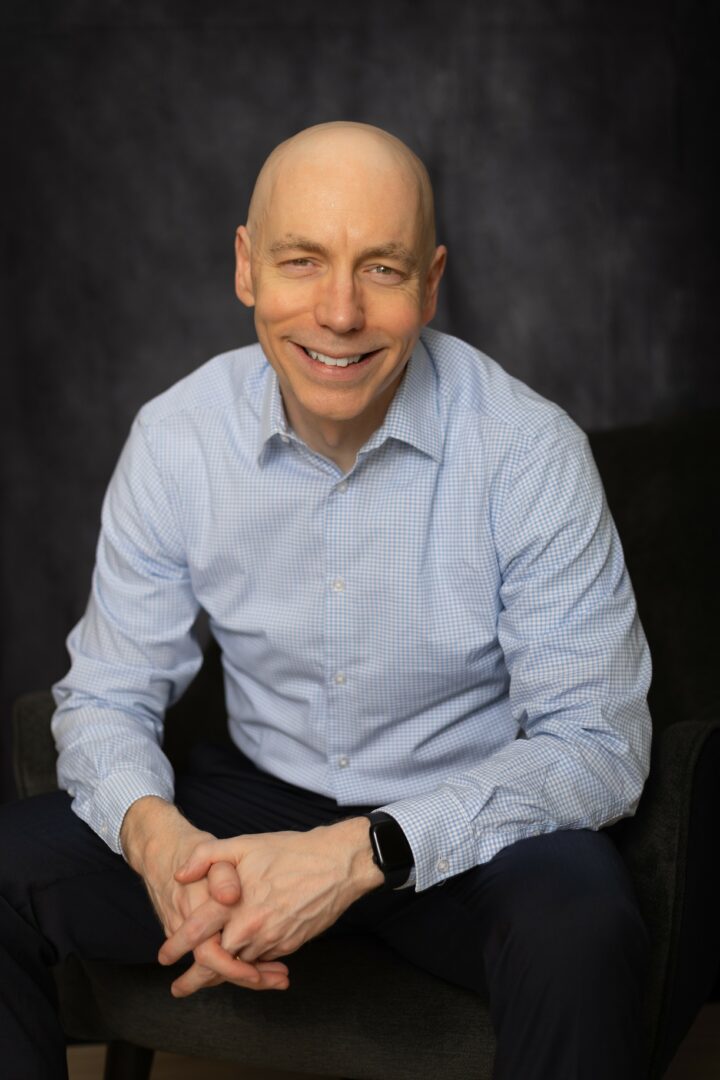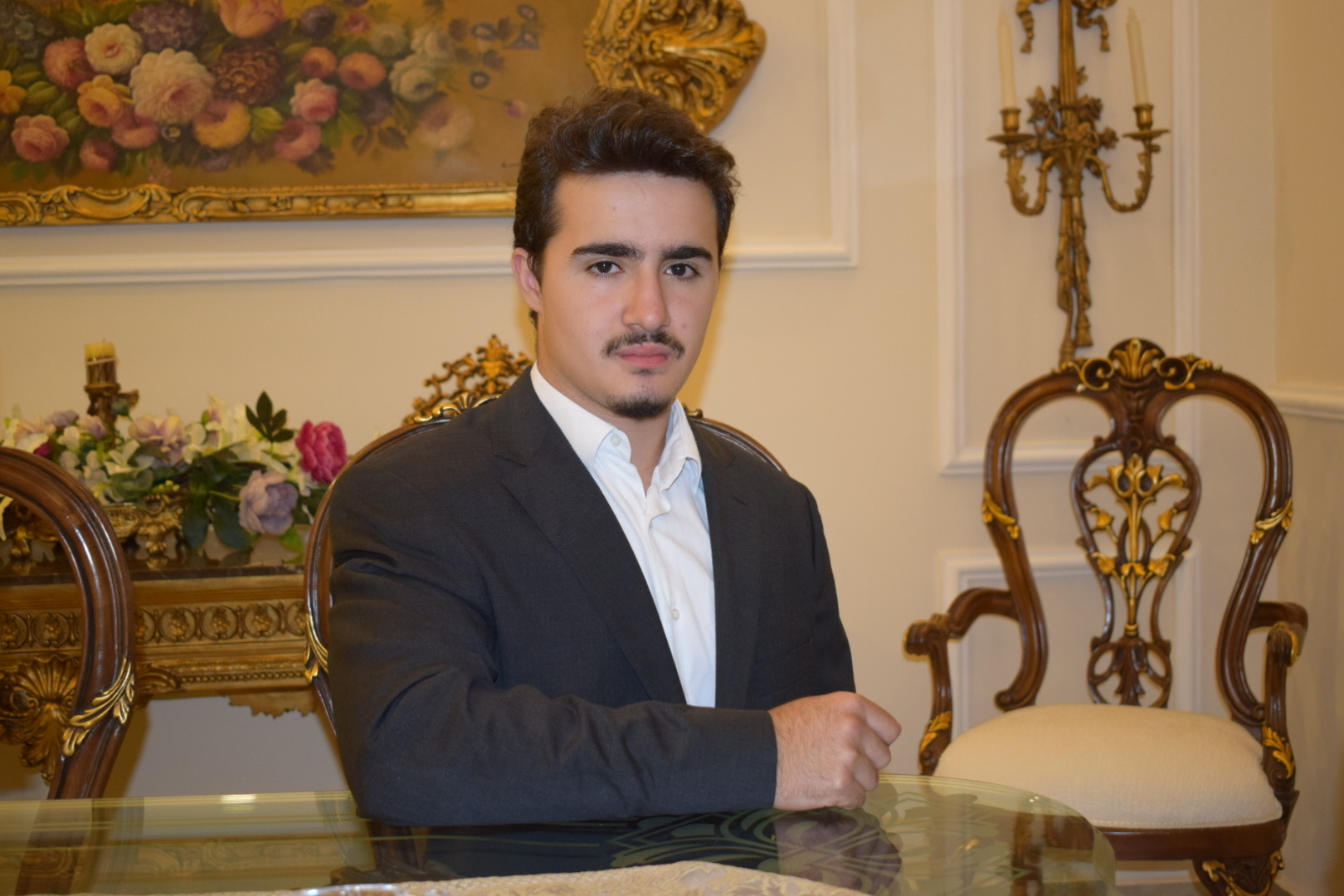We caught up with the brilliant and insightful John Edward McGraw a few weeks ago and have shared our conversation below.
John, so good to have you with us today. We’ve always been impressed with folks who have a very clear sense of purpose and so maybe we can jump right in and talk about how you found your purpose?
I found my purpose the day my advice failed a student named Kenji. In 2005, I was teaching adult learners in Japan to prepare for English exams that opened job opportunities. The lesson was simple: if you are unsure on a multiple-choice question, choose C. We drilled this, and I asked Kenji “Do you understand?” Kenji nodded, said yes, then left blanks on the practice test.
I was shocked, then my frustration boiled over. I went to the teacher’s lounge and vented to a colleague, who promptly told me, “John, he’s Japanese and you’re his teacher. He wouldn’t disrespect you by saying he didn’t understand. That would imply your instructions were bad.”
It hit me like a bombshell. Kenji hadn’t failed the lesson; I had failed to understand his context. For him, “yes” wasn’t agreement, it was a way of showing me respect. The worst part was he never came back to class. That loss still sits with me.
I changed my approach the next day. Instead of asking my students, “Do you understand,” I asked “Please explain the instructions back to me.” It wasn’t about testing them, it was to check if my instructions were landing. Misunderstandings dropped and trust grew. That tiny switch became a habit of mine.
When I came home to Canada, I saw the same pattern inside workplaces. Newcomers tripped over invisible rules. Managers read silence as disengagement and politeness as lack of confidence. I finally understood what many of us born and raised here don’t realize: Canada has a culture, and businesses pay a price when they ignore it.
So I shifted fields. I earned an International Coaching Federation credential, learned from intercultural experts like Andy Molinsky and Philippe Rosinski, and listened closely to internationally trained professionals about the pressures they face. Now I work with SMEs, HR leaders, and international talent to bridge culture gaps through my consultancy, Hiyaku Coaching. “Hiyaku” is Japanese for leap forward or great progress.
My purpose is clear now. I help workplaces turn culture gaps into an advantage so capable people are not sidelined by invisible rules and teams stop paying the hidden tax of avoidable misunderstandings. If you want one move to try today, swap “Do you understand?” for “Can you explain back to me what I’d like you to do?”. Then listen. That small shift is where my purpose began, in the space between what I meant to say and what someone else needed to hear.
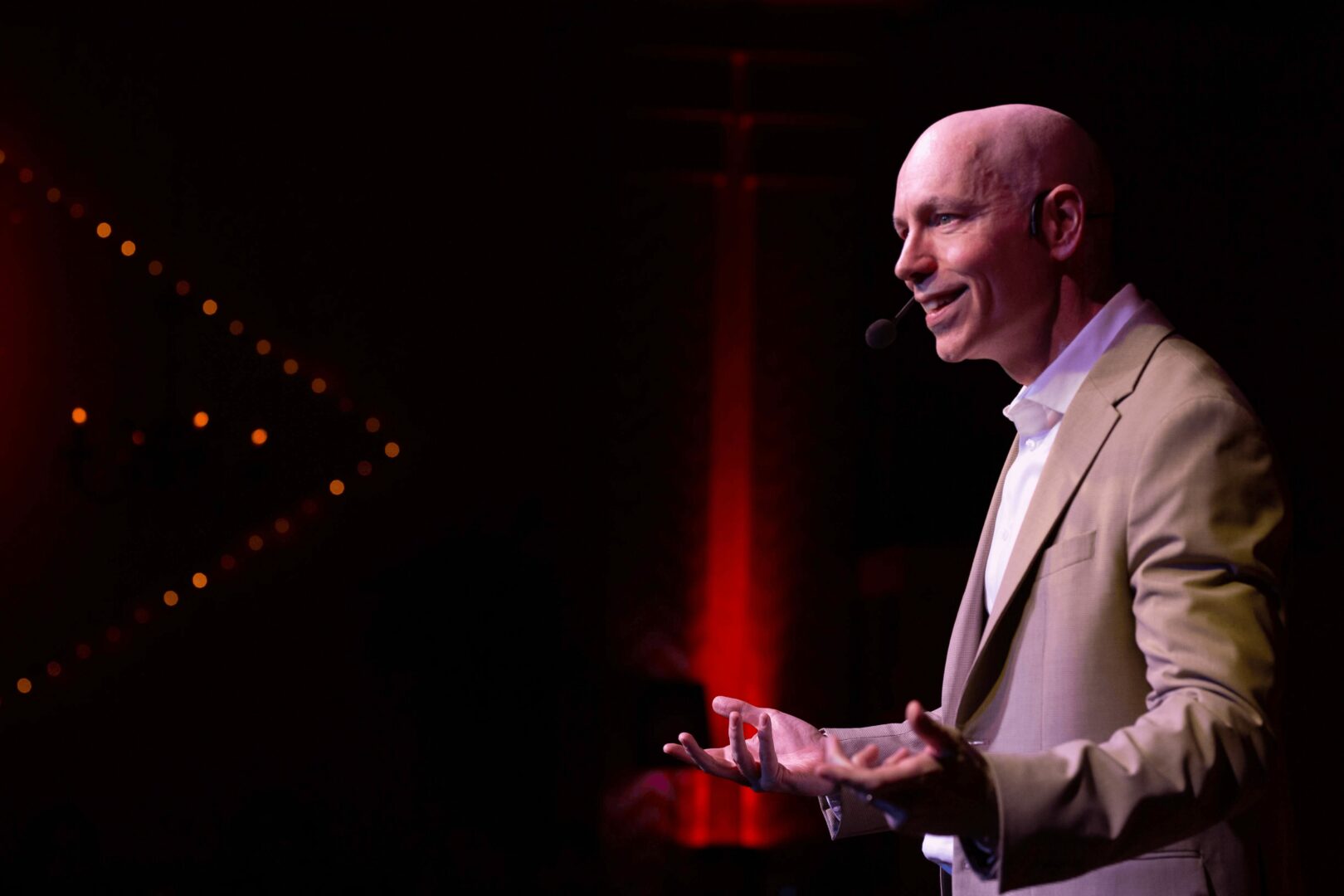
Thanks for sharing that. So, before we get any further into our conversation, can you tell our readers a bit about yourself and what you’re working on?
I help SMEs, HR leaders, and internationally trained professionals close culture gaps so work becomes clearer, faster, and kinder.
My approach is practical. We locate the places where communication keeps breaking, choose one or two habits to change, then track what shifts. From that work I built three plain-English tools.
LEAP helps people check their mindset in tough moments:
Let go of assumptions,
Engage with curiosity,
Assess possibilities, and
Perform with insight,
SPEAK is an inclusive communication checklist people can recall under stress:
Simplify your message,
Pause and listen,
Enunciate and pace,
Ask and clarify, and
Keep respect at the centre.
SHAPE names five Canadian values that impact workplace tendencies: Sociability, Harmony, Acceptance, Privacy, and Efficiency. SHAPE makes them explicit so teams can discuss them without blame.
Here’s a quick example: a Japanese president of a small import-export firm’s North American branch called about a stalemate. Her firm sat between a Japanese manufacturer of industrial supplies and an American supplier selling in North America. Talks stalled over price. We applied the LEAP framework to the situation and she saw the gap. To the manufacturer, a cut insulted quality; the American team chased competitiveness, so each misread the other. With that clarity, she brought them back and closed a deal.
Alongside client work, I share this approach on stages and inside communities. I spoke at Cannexus about inclusive communication in practice, joined the Workplace Leadership Conference to explore inclusive leadership, and continue to collaborate with organizations like the startup incubator DMZ Japan.
Leaders sometimes worry that naming culture will box people in. I share that concern, which is why I design every tool as a conversation starter. The goal is not a label. The goal is a shared language that lets people move.
What is new this season: two one-page checklists you can print and use right away. One helps SME and HR teams audit communication habits. The other supports internationally trained professionals as they navigate common Canadian norms. For organizers, I have three signature talks available for booking, each built around LEAP, SPEAK, or SHAPE, with time for practice in the room.
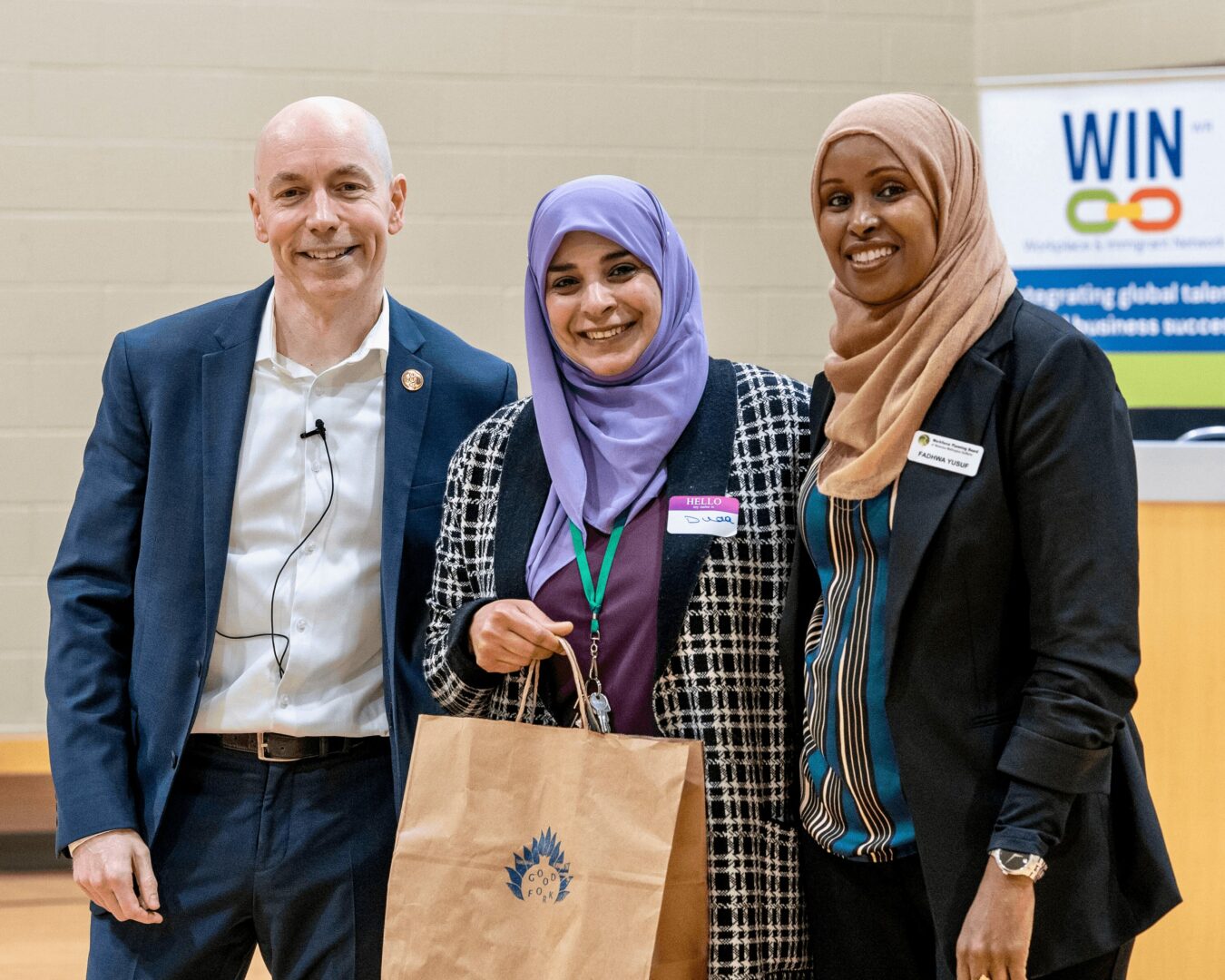
There is so much advice out there about all the different skills and qualities folks need to develop in order to succeed in today’s highly competitive environment and often it can feel overwhelming. So, if we had to break it down to just the three that matter most, which three skills or qualities would you focus on?
The first is curiosity over judgment. Curiosity is not a mood. It is a set of moves you can practice until they become muscle memory. Before a tough conversation, I run a quick check on myself. What else could be true here? What do I think I heard, and what did the other person actually say? When you start with that and ask questions with the intent to learn, people reveal their thinking, we see the gap, and we fix it together.
If you are early in your journey, try this for two weeks. Keep a small notebook. After one meeting a day, write one assumption you made, one question you could have asked sooner, and one phrase you will use next time. The habit builds faster than you think.
The second skill that moved me forward is building simple systems. I’m a big fan of acronyms that outline steps you can remember when the stakes rise. LEAP helps me check my mindset in real time. SPEAK guides how I talk so my message is clear and respectful.
You can create acronyms or checklists relevant to what you do. Make your own tiny playbook. Pick one situation that keeps going sideways and define a single signal that tells you it improved. Try it out and keep what works. Systems like these are not fancy, but they carry you on the days your willpower is low.
The third area that shaped me is cross-cultural literacy, the ability to read the room through more than one lens. I learned this in Japan, then refined it in Canada with SMEs, HR leaders, and internationally trained professionals.
Two people say the same word and mean different things. A pause means respect in one setting but uncertainty in another. A leader who prizes speed may talk over a colleague who processes internally and reads that interruption as a lack of trust. None of this makes anyone the villain. It makes culture part of the operating environment.
To grow this skill, go look for cultural mentors in your world, the people who seem to know how things really work. Make sure to choose more than one mentor, because it’s good to get multiple perspectives. Shadow them for a week and watch how they interact with other people and get things done. You can even ask them for advice and feedback on your performance.
Looking back, those three areas were extremely impactful. Curiosity kept me from hardening around my first story. Systems turned values into habits I could use on a rough day. Cross-cultural literacy helped me hear the rules under the words. If you build even a light version of each, you will move sooner from good intentions to clear outcomes. That is the work I keep learning, one conversation at a time.
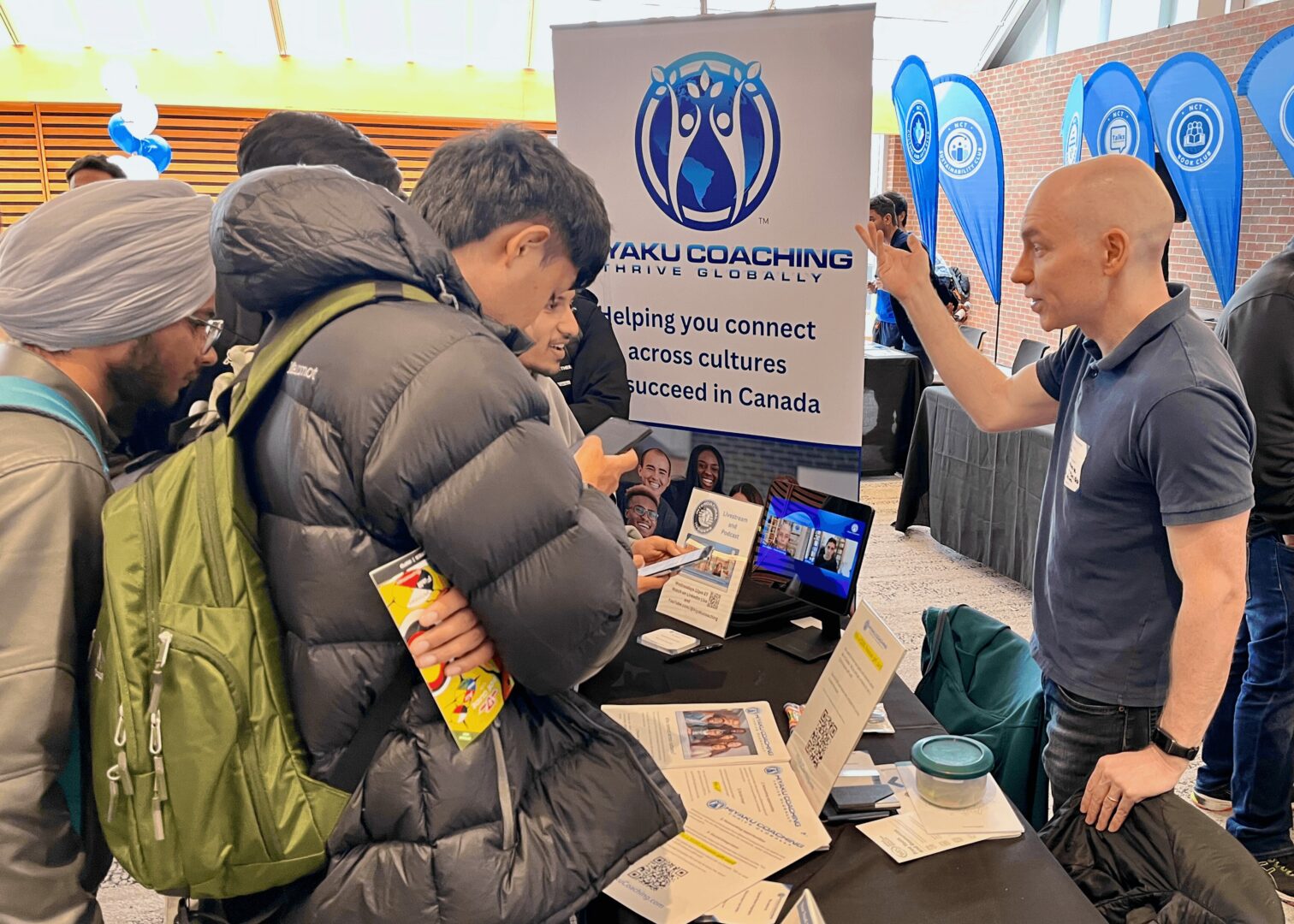
Before we go, maybe you can tell us a bit about your parents and what you feel was the most impactful thing they did for you?
The most impactful thing my parents did was teach me what matters: be open to the world and take responsibility for others. My dad grew up in Saskatchewan. My mom is from Ireland. They met as teachers in Nigeria, married there, and later moved back to Canada.
When I was a kid in southern Ontario in the late seventies and early eighties, their former students from a boys’ academy in Calabar would visit while studying at Canadian universities. That early, unusual exposure to Nigerian culture made difference feel normal to me. Years later, choosing to live and work in Japan felt possible because my parents had already modelled crossing cultures with purpose.
They also taught service by example. During Nigeria’s civil war, they stayed and helped bring supplies to civilians who were severely malnourished. I carried that story with me on March 11, 2011, when the Tohoku earthquake and tsunami struck Japan and the Fukushima crisis unfolded. Many foreigners left. My brother urged me to come home.
My parents, though worried, never asked me to leave. Remembering their choice in Nigeria, I stayed. I could not fix a nuclear plant or rebuild a coastline, but I could stand with my students and offer steadiness in a frightening time. That decision shaped how I try to show up when stakes are high.
Those two gifts, curiosity across cultures and a sense of duty, now anchor my work at Hiyaku Coaching. I help leaders and organizations turn cultural differences into strategic advantages by staying present, listening for the culture under the words, and choosing actions that support people when it counts. My parents’ lesson was simple and lasting: go toward the unfamiliar with respect, then do the helpful thing right in front of you.
Contact Info:
- Website: https://JohnEdwardMcGraw.com
- Instagram: @JohnEdwardMcGraw
- Facebook: @JohnEdwardMcGraw
- Linkedin: https://www.linkedin.com/in/JohnEdwardMcGraw
- Twitter: @TheJohnEMcGraw
- Youtube: @JohnEdwardMcGraw
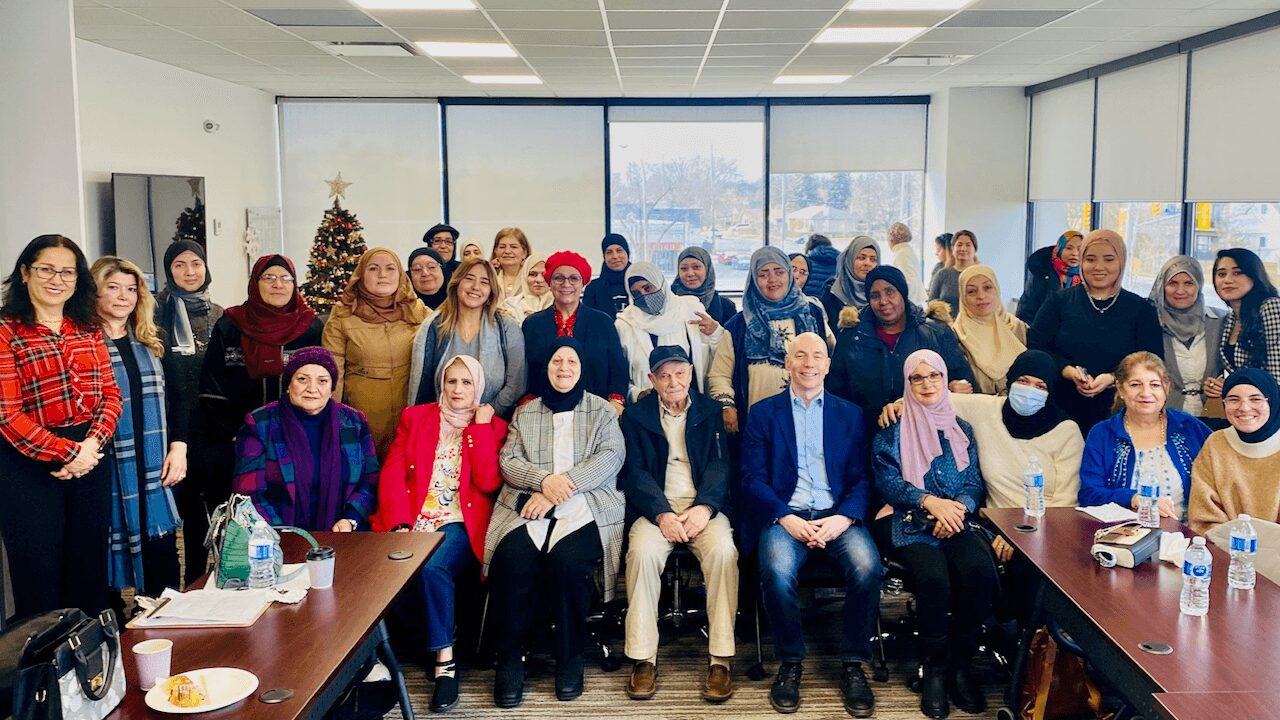
Image Credits
Jocelyn Phillips, Katrin Faridani, Liliana Nakamura
so if you or someone you know deserves recognition please let us know here.

